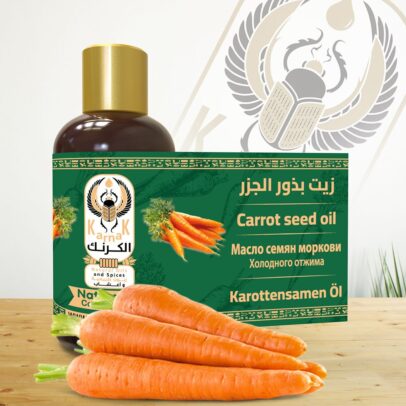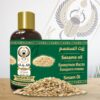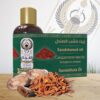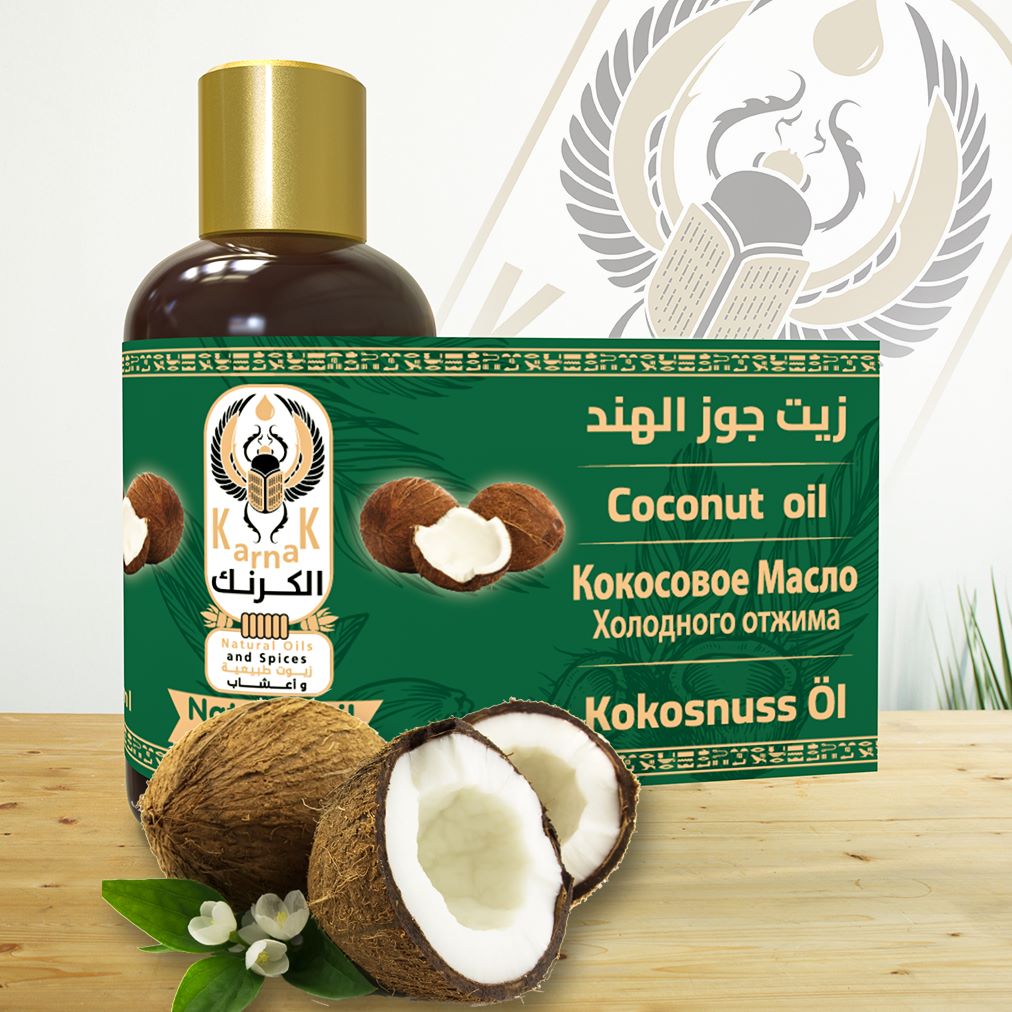Get 25% discount on your first order!

Coconut oil
25.00 $ Original price was: 25.00 $.15.00 $Current price is: 15.00 $.
Sale!
25.00 $ Original price was: 25.00 $.15.00 $Current price is: 15.00 $.
Coconut oil
- Scientific Name: Cocos nucifera (L.), Family: Arecaceae
- Parts used: Fruits
- Method of extraction: cold pressed
- Appearance : Clear faint yellow in liquid state; creamy white in solid form.
- Purity: 100%
- Main active ingredients: Lauric Acid, Linoleic Acid, Oleic Acid, Polyphenols , and Medium-Chain Triglycerides.
- Main uses: encourage fat burning, help reduce hunger, in kitchen, Work as a quick source of energy, Antimicrobial effects, For skin health, for hair, Improve oral health, may help reduce symptoms of Alzheimer’s disease and antioxidant.
size
Choose an option
Add to cart
Buy Now
Coconut oil (or coconut butter) is an edible oil derived from the wick, meat, and milk of the coconut palm fruit. Coconut oil is a white solid fat, melting at warmer room temperatures of around 25 °C (78 °F), in warmer climates during the summer months it is clear thin liquid oil. Unrefined varieties have a distinct coconut aroma. It is used as food oil, and in industrial applications for cosmetics and detergent production.
Chemical constituents of Coconut Oil:
Lauric Acid, Capric Acid and Caprylic Acid, Linoleic Acid (Polyunsaturated Fats), Oleic Acid (Monounsaturated Fats), Polyphenols (Virgin Coconut Oil only), and Medium-Chain Triglycerides.
USES OF COCONUT OIL
The uses of Coconut Carrier Oil are abundant, ranging from medicinal to cosmetic. Its many forms include oils, gels, lotions, soaps, shampoos, sprays, and candle making.
- encourage fat burning
In general, saturated fats are divided into three subgroups, each of which has different effects in your body. These subgroups are :
- long-chain
- medium-chain
- short-chain
Scientists are studying medium-chain triglycerides (MCTs), including those found in coconut oil, for their potential health benefits. And they found that consuming medium-chain triglycerides (MCTs) may increase the number of calories your body burns.
Since Coconut oil is a rich source of medium-chain triglycerides (MCT) about 65%, it may have fat-burning properties and it may help promote weight loss.
While MCTs may increase how many calories you burn, keep in mind that coconut oil is very high in calories and can easily lead to weight gain if you consume it in large amounts.
2. Help reduce hunger
One interesting feature of MCTs is that they may help reduce food intake.
This may be related to how the body breaks them down. A proportion of MCTs you eat are broken down in a process that produces molecules called ketones.
Ketones reduce appetite by either acting directly on the brain’s chemical messengers or altering the levels of hunger-inducing hormones, such as ghrelin.
You may be familiar with ketones in the context of ketogenic diets, which are quite popular these days. People who are on keto diets don’t eat many carbs, but they do often eat lots of fat. For this reason, their bodies tend to use ketones for fuel.
- In Kitchen
Coconut oil is very different from most other cooking oils and contains a unique composition of fatty acids.
The fatty acids are about 90% saturated. But coconut oil is perhaps most unique for its high content of the saturated fat lauric acid, which makes up around 40% of its total fat content.
This makes coconut oil highly resistant to oxidation at high heat. For this reason, it is very suitable for high-heat cooking methods like frying.
Coconut oil is relatively rich in medium-chain fatty acids, containing around 7% caprylic acid and 5% capric acid.
Studies show that lauric acid increases the blood levels of cholesterol, but this is mostly due to an increase in cholesterol bound to high-density lipoproteins HDL(good cholesterol).
An increase in HDL cholesterol, relative to total cholesterol, has been associated with a reduced risk of heart disease.
The MCTs in coconut oil provide a quick supply of energy. Because MCTs go straight to your liver and become a rapid energy supply that your body can absorb and use faster than other types of saturated fat.
In fact, MCTs have been long used in sports nutrition products for athletes who need a source of energy their body can absorb and use fast.
- Antimicrobial effects
Coconut oil has antimicrobial and antifungal properties due to its MCT content — specifically, lauric acid.
Research suggests it may have antimicrobial effects against disease-causing microorganisms, such as:
- Staphylococcus aureus
- Streptococcus mutans
- Streptococcus pyogenes
- Escherichia coli
- Helicobacter pylori
- Studies show that lauric acid may act as a bacteriostatic agent. This is a substance that prevents bacteria from multiplying without killing the bacteria. And it may also act as a bacteriocidal agent, which destroys some bacteria.
- In addition, it may also inhibit the growth of microorganisms that are harmful to plants.
6. For skin health
Coconut Oil cleanses and nourishes skin, leaving it soft and silky. While healing and relaxing the body in a massage, it quickly and deeply hydrates the skin, locking in moisture. To cleanse the skin while moisturizing and reducing the appearance of aging, a small amount of Coconut Oil can be gently massaged into the face. This method works as a lotion that simultaneously removes makeup while nourishing the skin. For a massage to reduce the appearance of cellulite, Coconut Oil can be mixed with essential oils before being massaged into the affected areas. Its high fatty acid content makes Coconut Oil deeply moisturizing and, by massaging a generous amount into feet, damaged heels will enjoy intense hydration.
Coconut Oil can substitute commercial cosmetic highlighting products by simply being massaged into the cheekbones, eye lids, and the arches of the eyebrows for a healthy glow. This method has the added benefit of reducing the amount of makeup used. To hydrate chapped lips naturally, Coconut Oil can be melted and blended with moisturizing essential oils to make a nourishing lip balm. To eliminate and prevent ingrown hairs from forming and leading to dull areas of skin, a body scrub can be made with Coconut Carrier Oil, an exfoliant, and essential oils. The disinfectant properties of Coconut Oil make it effective in eliminating bodily odors, thus it makes an excellent deodorant when combined with anti-bacterial essential oil blends.
In fact, a recent study determined that applying 6–8 drops of virgin coconut oil on your hands and leaving it overnight may be an effective way to prevent dry skin caused by frequent use of alcohol-based hand sanitizers.
It may also reduce the severity of mild to moderate symptoms of atopic dermatitis, a chronic skin disease characterized by skin inflammation and defects in skin barrier function.
- For hair
Coconut Oil can protect the scalp against the discomfort of dryness and the formation of dandruff. Lustrous hair and a healthier scalp can be achieved by mixing Coconut Oil with essential oils that are known to have hair benefits.
Coconut oil can also protect against hair damage. Since coconut oil deeply penetrates hair strands, it makes them more flexible and increases their strength to prevent them from breaking under tension.
Similarly, another study found that coconut oil nourishes hair strands and reduces breakage, which further strengthens the hair.
When shaving, Coconut Oil can be used to prevent skin irritation. Whether on its own or mixed with essential oils, it can be used as a shaving cream or as a soothing aftershave that protects skin against itchiness and dehydration while preventing the need for additional moisturizing products.
8. Improve oral health
This is thought to be due to the antibacterial properties of lauric acid. It may significantly reduce the count of harmful bacteria in the mouth — namely S. mutans — compared with a regular mouthwash.
Additionally, lauric acid in coconut oil reacts with saliva to form a soap-like substance that prevents cavities and helps reduce dental plaque buildup and gum inflammation.
9. May help reduce symptoms of Alzheimer’s disease
Alzheimer’s disease is the most common cause of dementia.
This condition reduces your brain’s ability to use glucose for energy. However, researchers believe that ketones can offset early signs of mild to moderate Alzheimer’s disease by providing an alternative energy source for brain cells. Since coconut oil is rich in MCTs, which significantly increase blood levels of ketones.
However, further studies are needed.
- Antioxidant
Coconut oil is a good source of antioxidants, which help neutralize damaging molecules called free radicals. This, in turn, helps ward off several chronic and degenerative diseases.
Some of the main types of antioxidants in the oil are:
- tocopherols
- tocotrienols
- phytosterols
- flavonoids
- polyphenols
Antioxidants in coconut oil confer it with potential anti-inflammatory and brain-protective effects.
One study also suggests the possible role of coconut oil, particularly the MCT lauric acid, in reducing secondary diabetic complications.
Additional Information
| size |
|---|
Related products
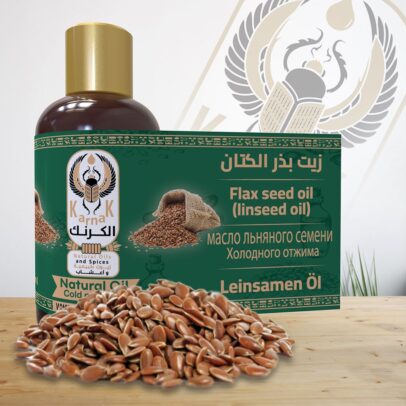
Select options
This product has multiple variants. The options may be chosen on the product page
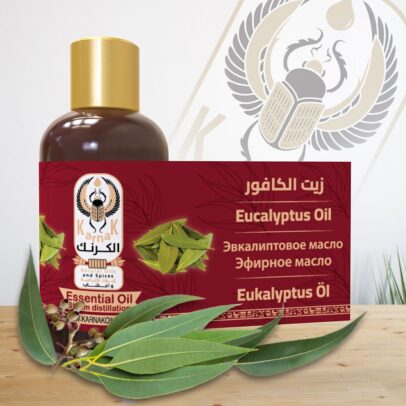
Select options
This product has multiple variants. The options may be chosen on the product page
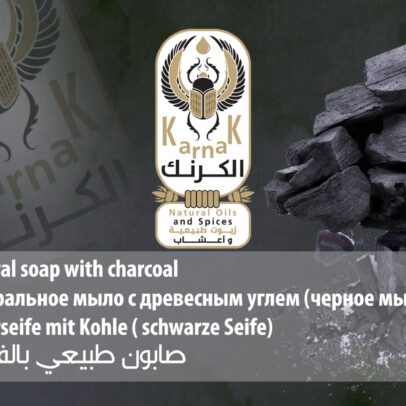
Select options
This product has multiple variants. The options may be chosen on the product page
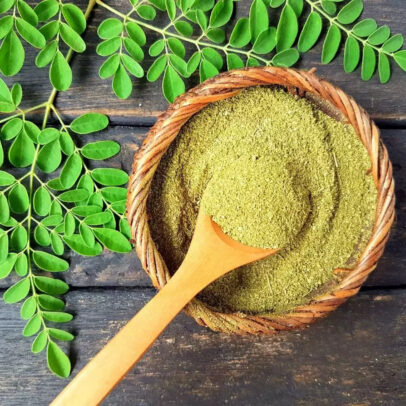
Select options
This product has multiple variants. The options may be chosen on the product page
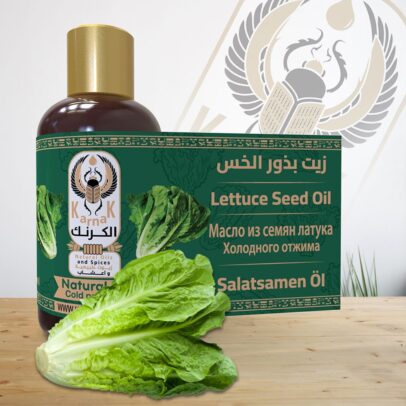
Select options
This product has multiple variants. The options may be chosen on the product page
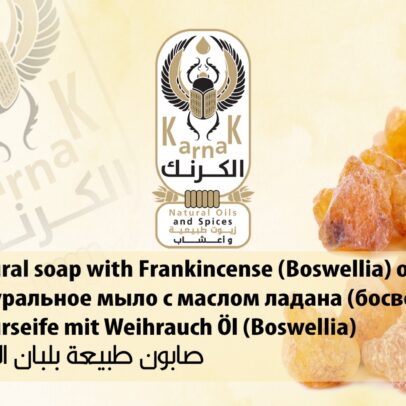
Select options
This product has multiple variants. The options may be chosen on the product page
Natural soap with Frankincense (Boswellia) oil
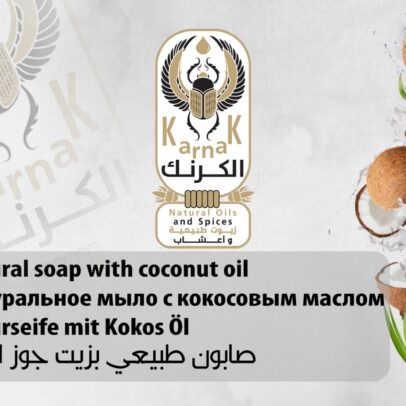
Select options
This product has multiple variants. The options may be chosen on the product page
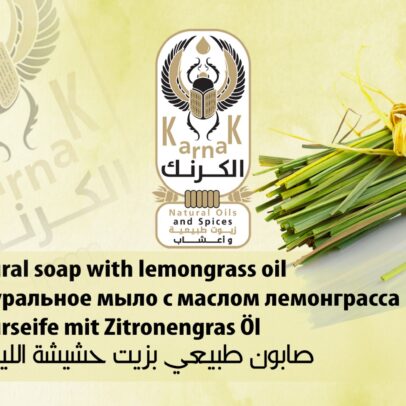
Select options
This product has multiple variants. The options may be chosen on the product page


